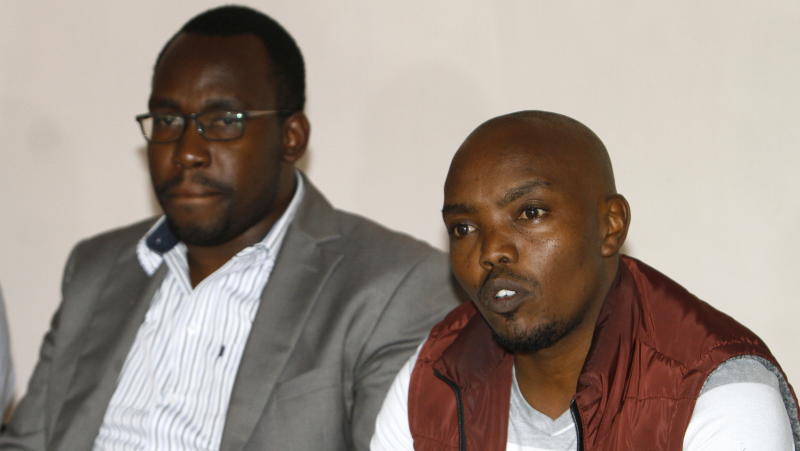×
The Standard e-Paper
Home To Bold Columnists

In most communities, burying a person is the climax of celebrating the life of a loved one and it is every family’s wish to give their kin a befitting send-off.
It is doubly painful when a family is denied the opportunity to bury their loved one as happened in the case of 13-year-old Brian Kimani, whose family held a memorial service without his body after it was detained by Gertrude Children’s Hospital over a Sh14 million bill.